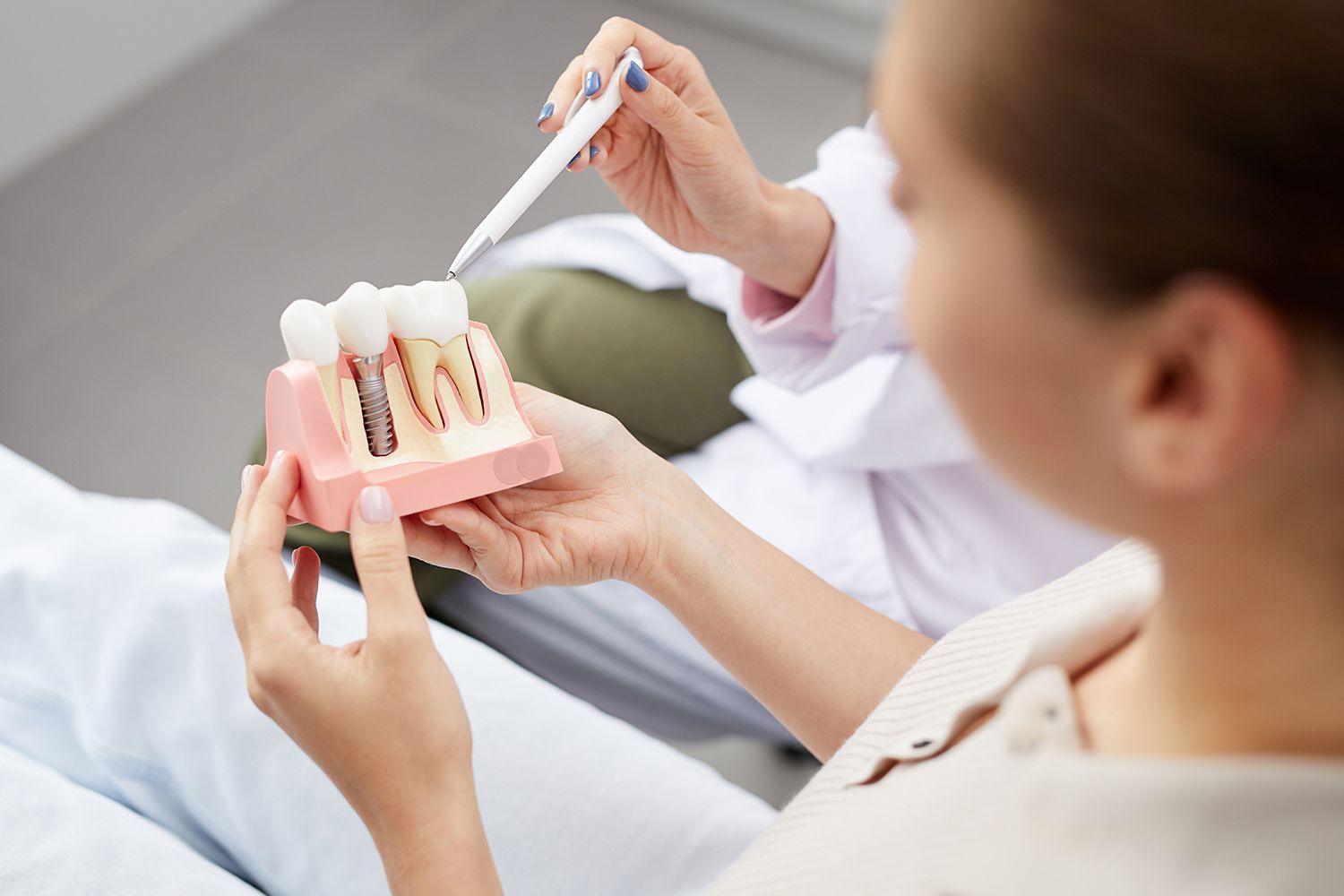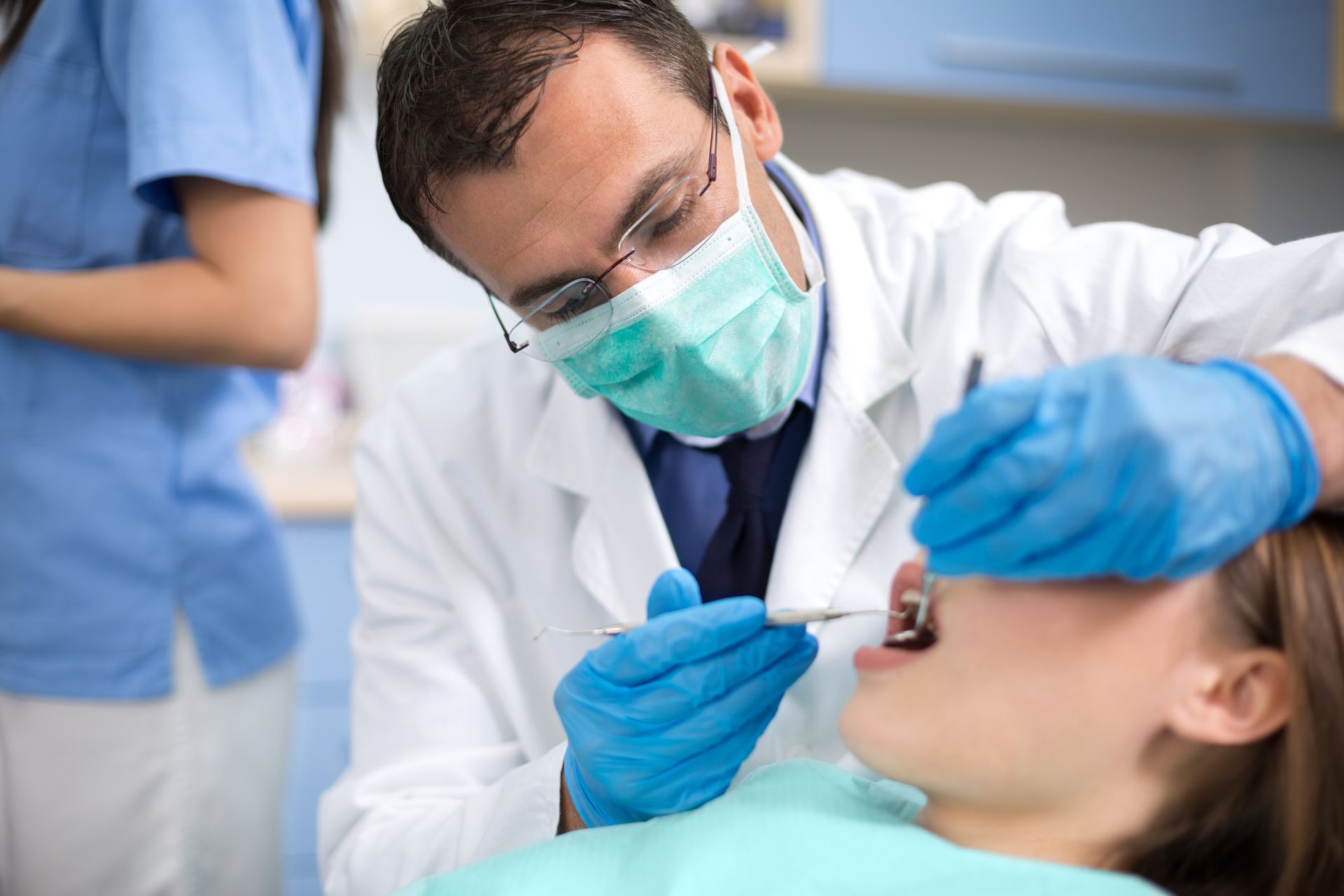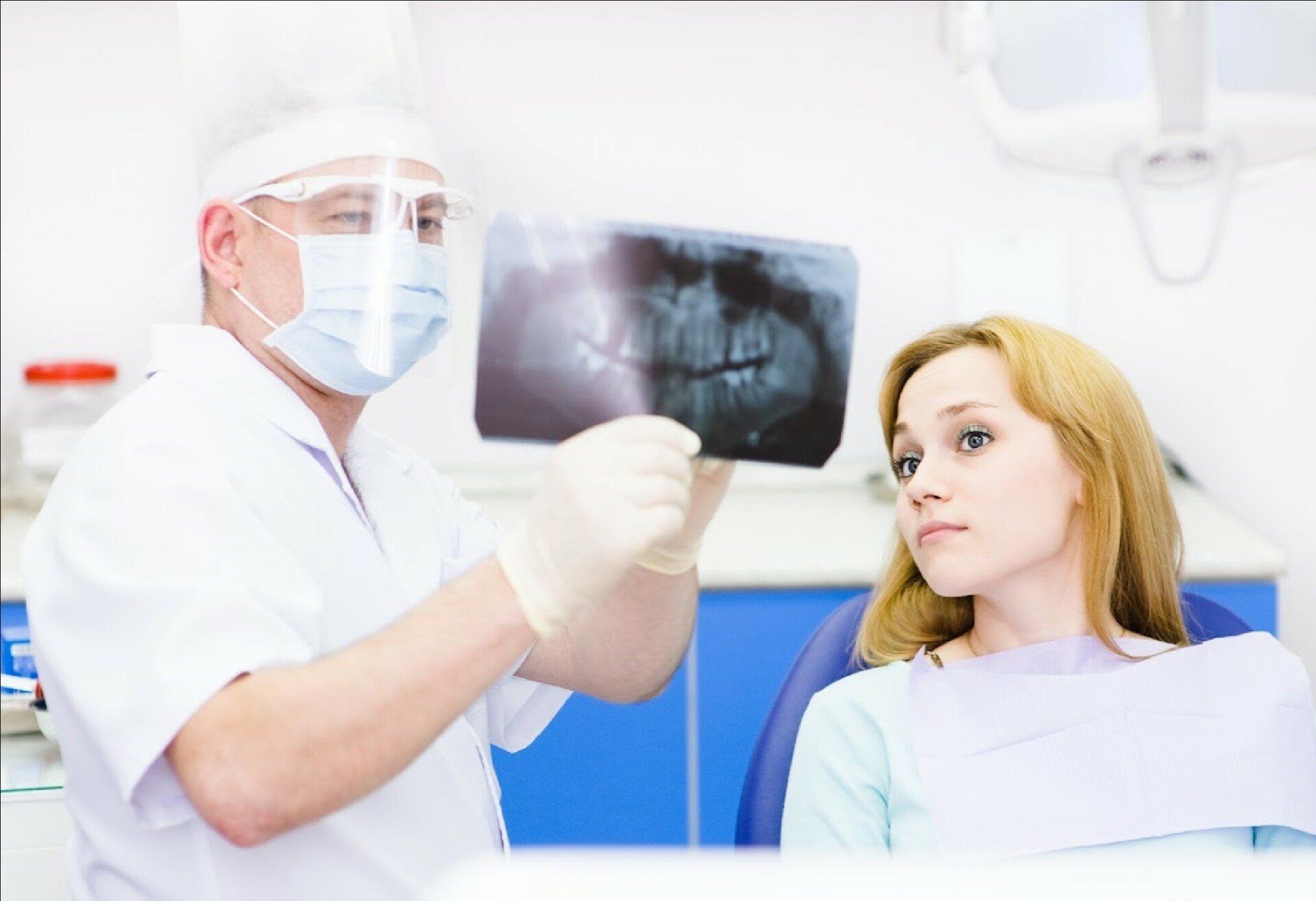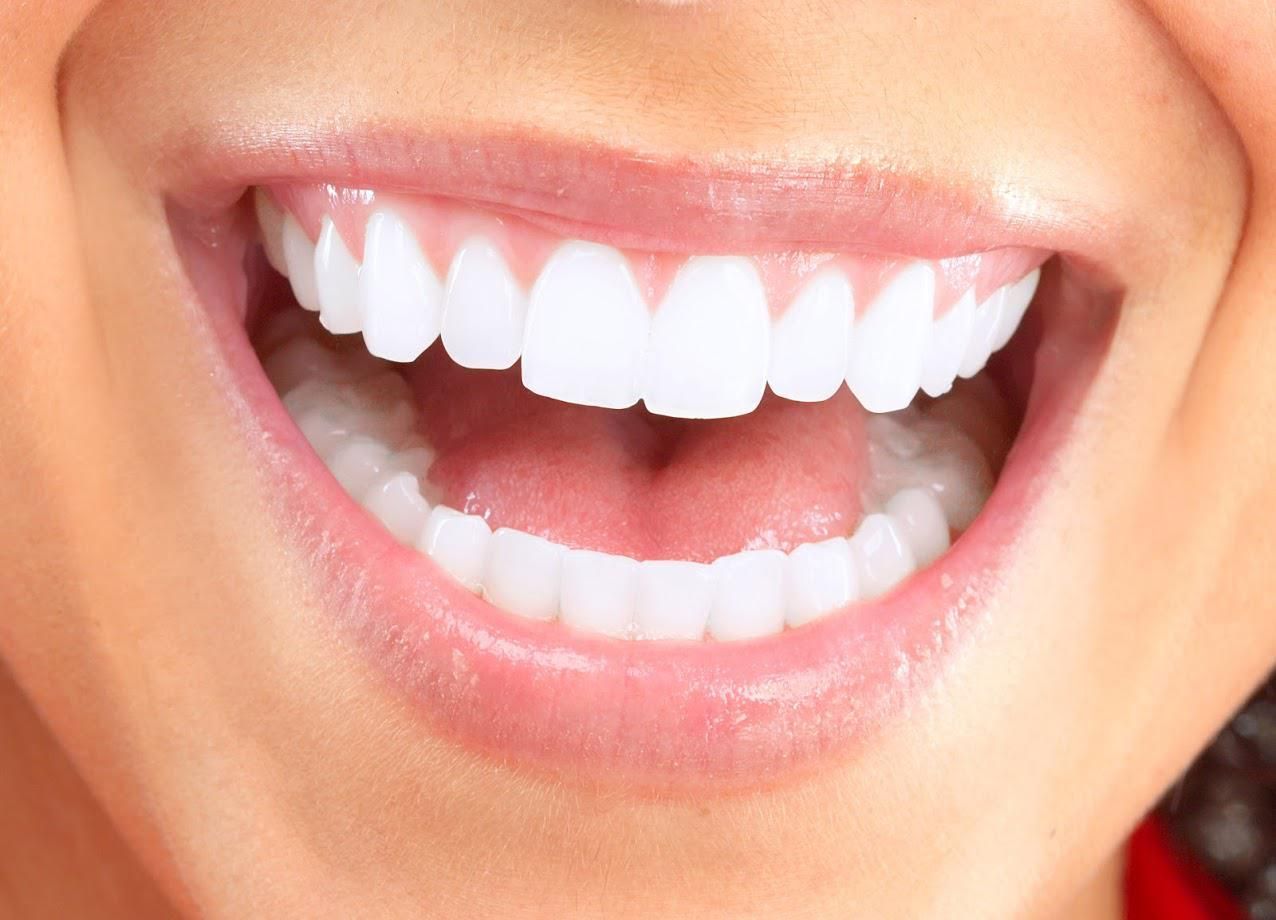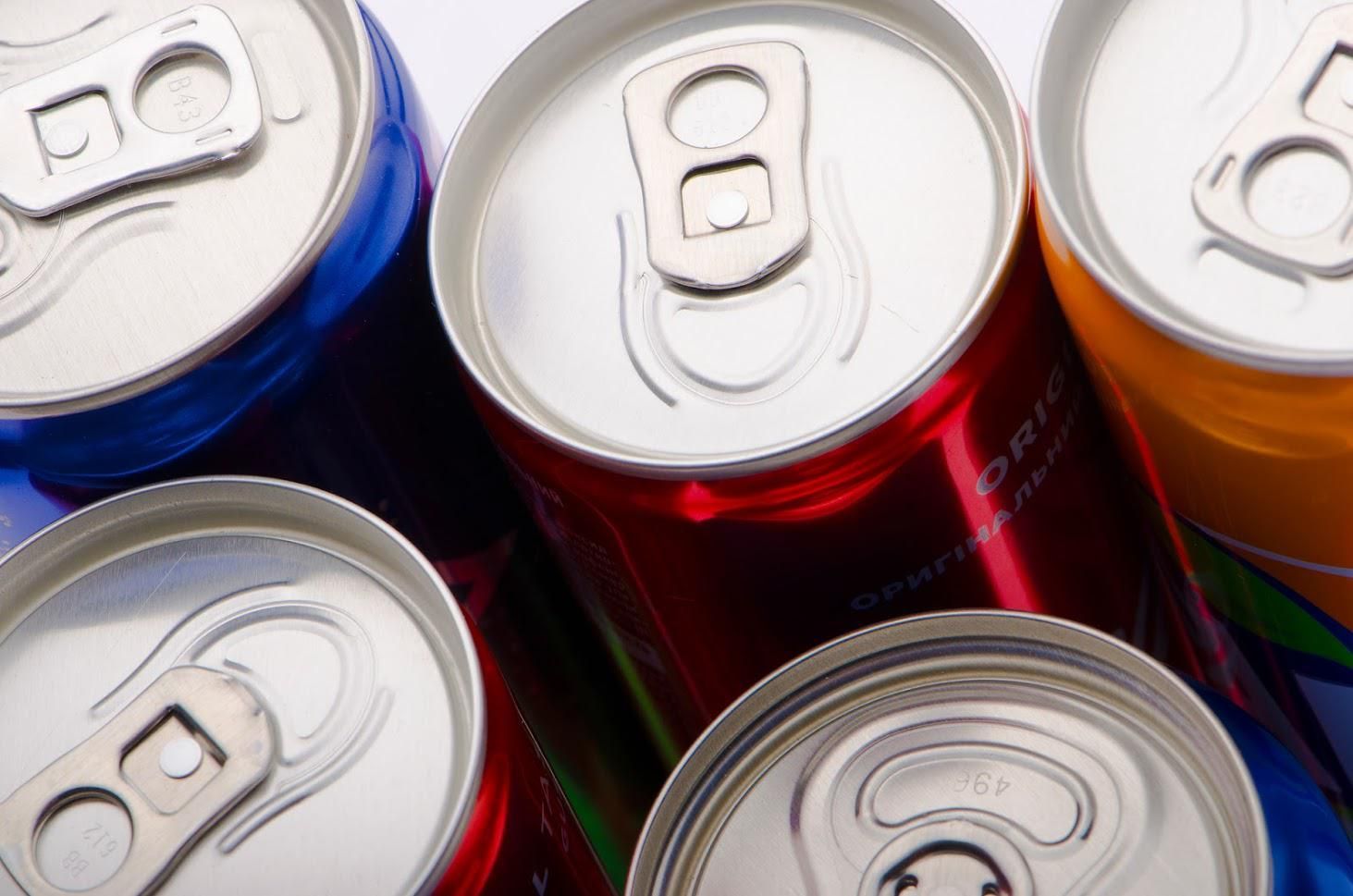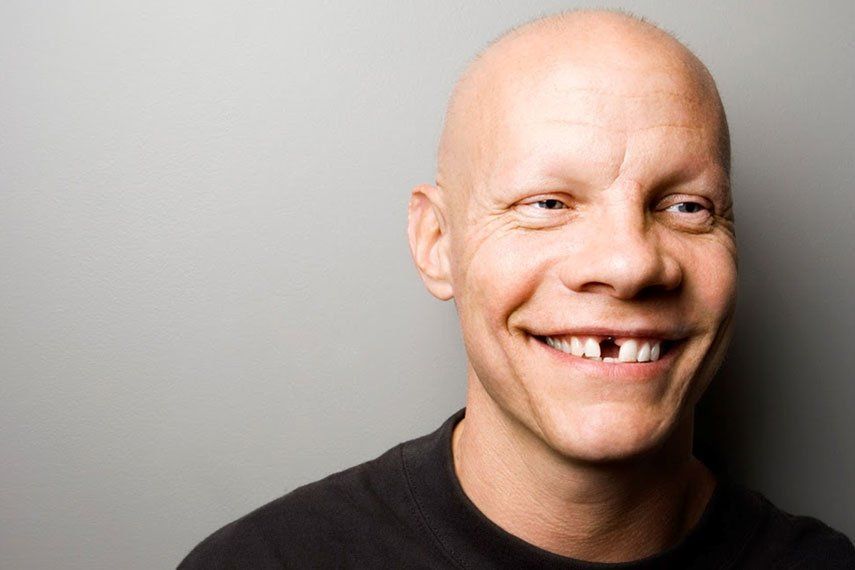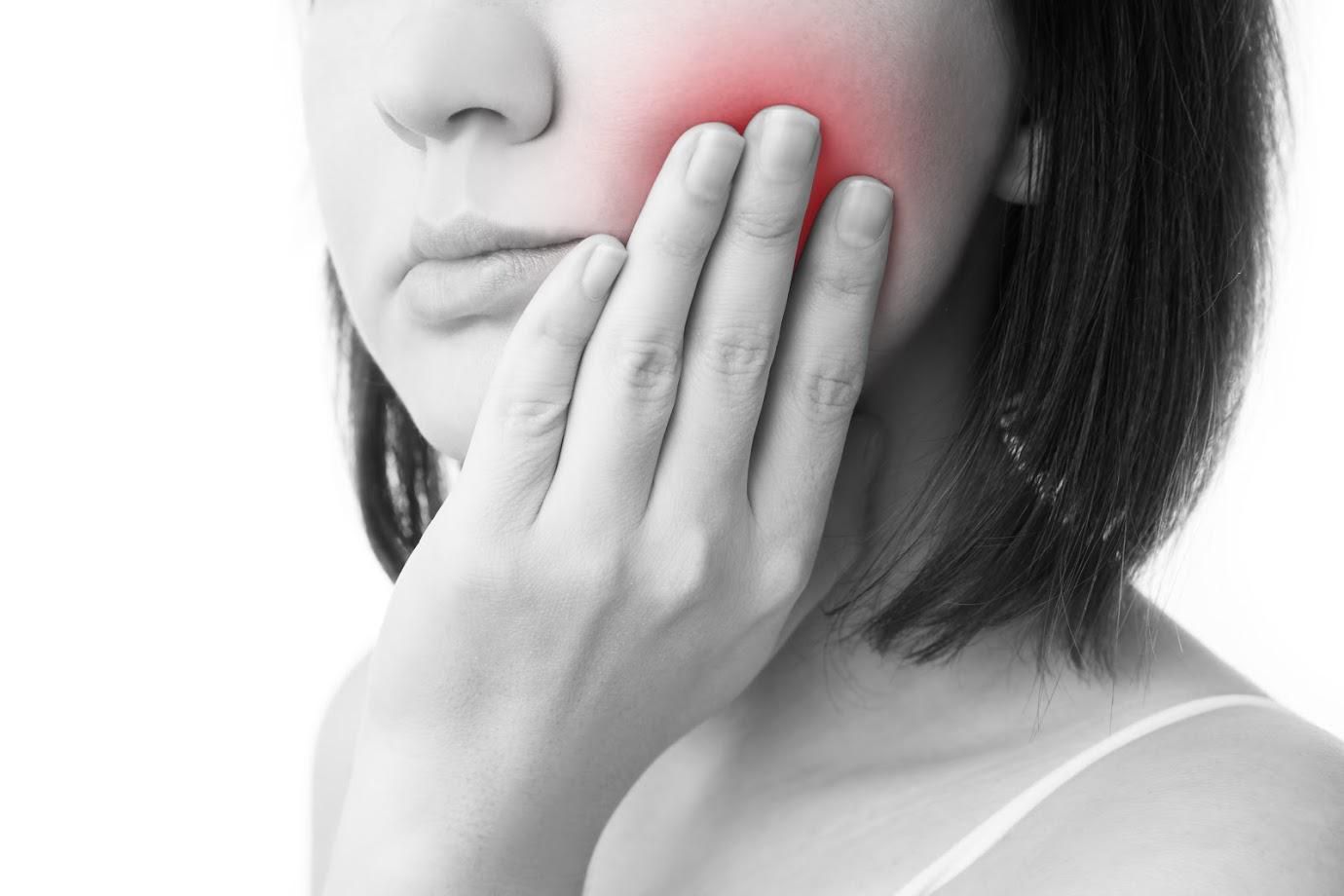5 Dos and Don'ts to Avoid Dental Problems

Maintaining good oral hygiene can help save your teeth for a lifetime and promote good health in general. Everyday habits can have a direct impact on your oral health, which is why you need to be conscientious about caring for your teeth and gums. Here are five things you should or should not be doing to maintain a healthy smile. 1. DO Chew Sugarless Gum Instead of Hard Candy Hard candies tend to bathe the mouth in sugar, leading to tooth decay and cavities. Chewing sugarless gum is a better alternative to hard candy. When you chew on sugarless gum, you are actually fighting bacteria in your mouth, freshening your breath, and helping to prevent dry mouth as well. Try chewing some sugar-free gum about 20 minutes after you've eaten a full meal. According to the American Dental Association, doing so may help you ward off tooth decay. As a result, you may find your increased saliva flow will wash away food particles when you are unable to brush your teeth after a meal. In addition, there is another benefit to chewing sugarless gum. If your teeth are sensitive, especially after a whitening or bleaching treatment, chewing sugarless gum may help ease the discomfort. 2. DON'T Get Your Tongue Pierced Having your tongue pierced may be a form of self-expression and something you have considered. However, if you are concerned about your dental health, think twice about having the procedure done. According to a study , individuals with pierced tongues who wear barbell style jewelry have an increased risk of developing problems with their gums and teeth. The jewelry worn on a pierced tongue may chip the teeth. In addition, there is a risk of developing receding gums. When the gums recede, there is a greater chance of tooth loss. If you or your child have been considering a tongue piercing, discuss potential risks with your oral hygienist or dentist. 3. DO Brush Your Teeth for Longer Than a Minute With the busy lifestyles that most individuals lead, it's easy to rush through the routine of brushing your teeth. However, if you find yourself brushing for less than two minutes regularly , you may not be doing a through job of cleaning your teeth. Aim for at least two minutes of thorough brushing, especially after meals or eating a snack. If possible, brush your teeth even longer than two minutes. Use gentle pressure and be sure to brush your back teeth as well as the front. 4. DON'T Consume Acidic Foods and Beverages Many people are aware that eating sugary snacks and beverages may lead to tooth decay. However, other foods and drinks may also be bad for the teeth. Acidic foods and beverages may wear away at your tooth enamel over time. This may be due to the low pH level that acidic food contains. Keep in mind that when the tooth enamel wears down, your teeth may become sensitive and cause discomfort. Limit your intake of grapefruit, tomatoes, oranges, and cranberries. In addition, coffee and wine may also harm the tooth enamel due to the low pH levels. 5. DO Replace Your Toothbrush Regularly Your dentist or oral hygienist may have advised you of the importance of changing your toothbrush on a regular basis. Many dentists will advise you to replace your toothbrush every few months. If your toothbrush bristles begin to fray or wear out, replace it more frequently; also, discard your toothbrush after you've been sick. Continual use of a toothbrush over the recommended time of a few months may render it useless. An old toothbrush typically losses its effectiveness to clean the teeth properly. You should also be aware that an older toothbrush has a greater risk of bacterial growth. If you notice you have begun to develop bad breath, your toothbrush may be the reason. While following the above advice, remember to visit Jeffrey L. Erwin DDS regularly for routine checkups.

